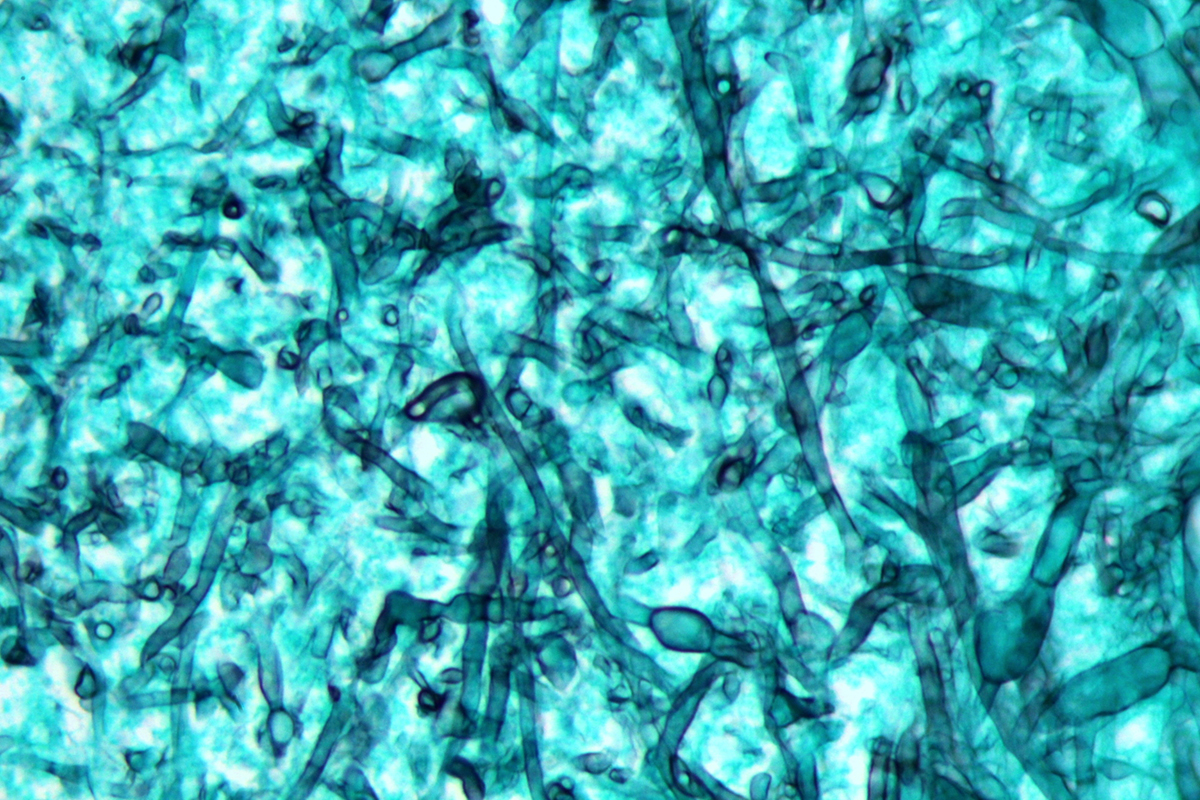
Acute sinusitis is an inflammation of the mucosal layer in paranasal cavities, which happens because of the inadequate drainage due to some sort of obstruction of those areas, or due to infection or allergy.
About acute sinusitis
The most common type of acute sinusitis is post viral super infection that happens when the bacteria enters and affects maxillary sinuses. Beside maxillary sinuses, this type of sinusitis can also affect other sinuses, such as frontal, ethomidal etc. Basic factors that induce the condition of acute sinusitis are streptococcus pneumonia, haemophilus influenza, moraxella catarrhalis and some other, but these three bacteria are mostly responsible for acute sinusitis.
There are other factors that weaken the mucosa layers in the mentioned sinuses and those are cigarette smoke, chronic pollen allergy, rhinitis induced by inhalation of various gases in some professions, etc. Symptoms include increased body temperature, local pain in a form of pressure (which increases when a person leans forward), nose excretion, usually with the presence of pus, obstructed breathing pathways in nose. Sometimes, irritable coughing might occur, inflammation of pharynx (part of the throat), infections of respiratory tract, and inability to sense different aromas. If complications are serious, infection can also affect eye area, surrounding bones and central nervous system.
Sometimes, acute sinusitis might be a result of some fungal infection. In these cases, method of therapy includes medications that are applied intravenously. When it comes to the dosage, it always depends on the intensity of the condition and therefore differs from case to case.
Treating acute sinusitis
Diagnose is made due to symptoms, bacteriological examination and ultrasound. Bacteriological analysis is done if a standard therapy did not show any positive effects. Therapy includes amoxicillin with flavonic acid, but cephalosporin and tetracycline are also used, as well as analgesics (in order to eliminate the pain) and nose drops. If the last two do not help, sinuses have to be lavaged. Local corticosteroids can also relieve some of the problems that come with acute sinusitis. Chirurgical treatment is the last step in treatment, if all mentioned methods above fail to make any progress.
Besides medications, the doctors recommend the change in the way of living, in order to make the therapy more efficient and to prevent the possibility of relapse. Rest is always needed and welcomed, drinking large quantities of water is excellent for improved drainage, steaming of sinus cavities is also good for drainage and there are also some tips, such as laying with head on a higher level than body.








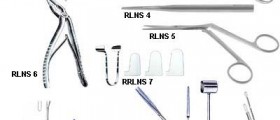
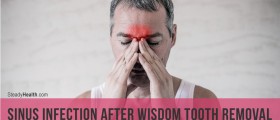


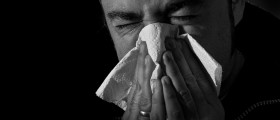


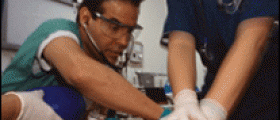

Your thoughts on this
Loading...